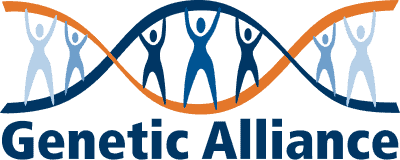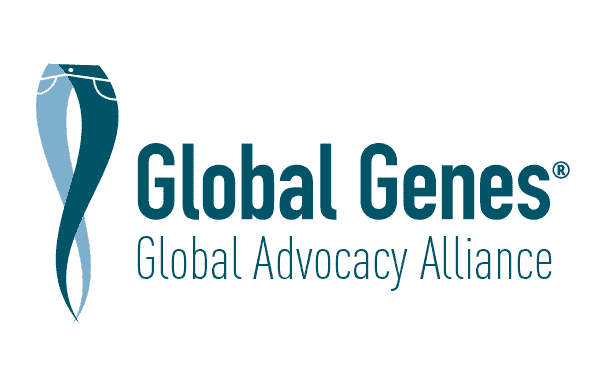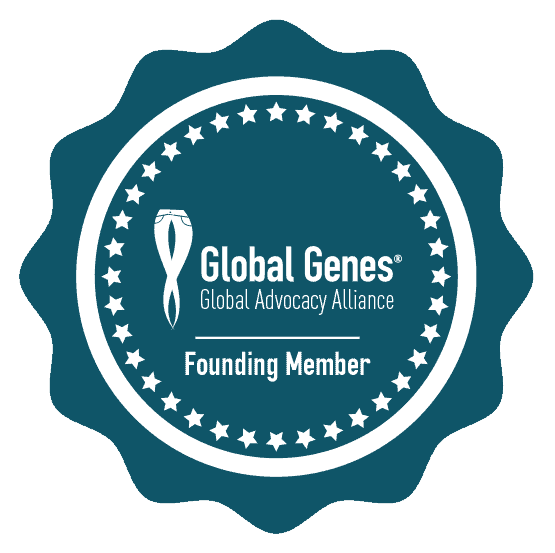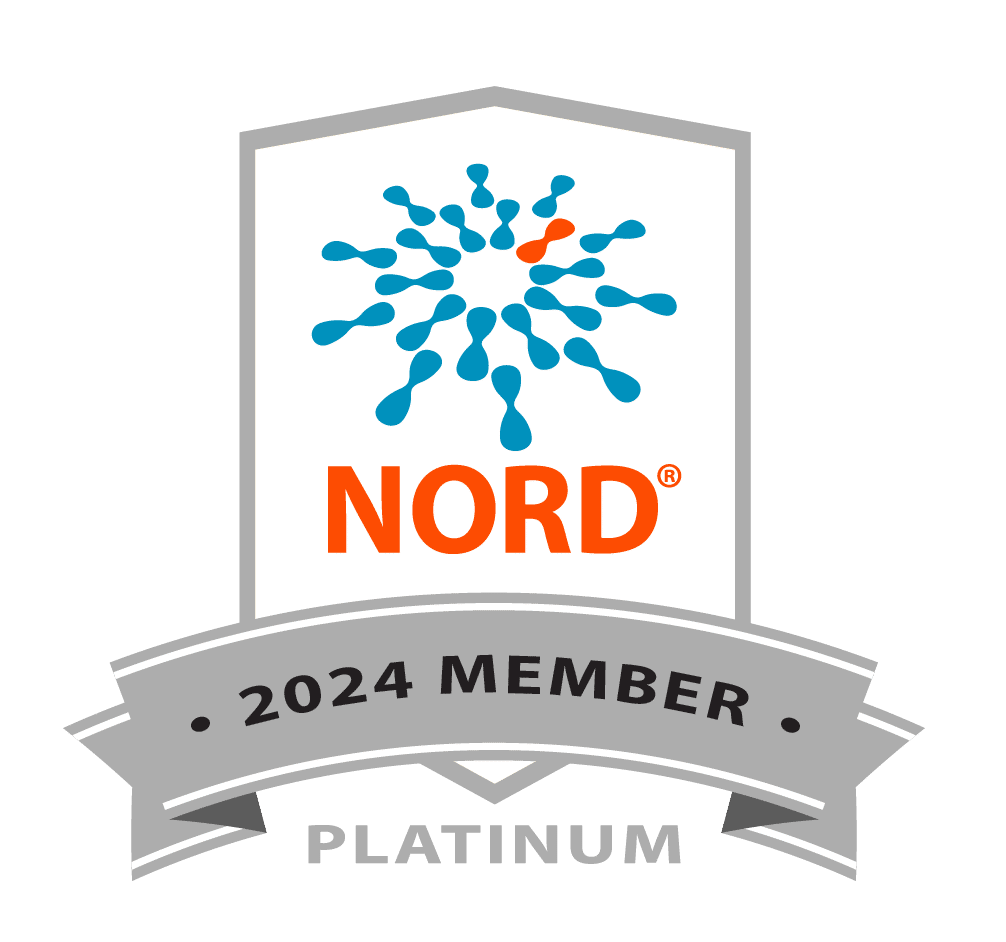Bruce D. Gelb. Mindich Child Health and Development Institute, /cahn School of Medicine at Mount Sinai, New York, NY.
Noonan syndrome (NS) has pleimorphic features of varying severity, which can not currently be prevented or addressed at their root cause. The elucidation of the genetic abnormalities underlying NS and subsequent mechanistic studies, particularly animal modeling, have provided the potential to develop therapies directly addressing the altered signal transduction. Currently, the two leading clinicap aspects to target are hypertrophic cardiomyopathy (HCM) and intellectual and developmental delays. While strategies relying on small molecules directly inhibiting the canonical RAS-MAPK signaling, which might leverage current efforts primarily targeting cancer, might prove efficacious, there is risk that the safety profile of such therapies will not be acceptable for more aspects of NS. To look for small molecules that might push the complex RAS-MAPK signaling network towards normality without powerfully inhibiting it, we undertook the development of a non-traditional approachto drug screening. Previously, we generated transgenic fruitfly (Drosophila melanogaster) models of NS
and other RASopathies. Given HCM as a possible target, we are using a RAFl mutant fly (S259G allele).
After establishing conditions that gave pupal lethality (msl096-GaI4, 25 DC), we screened a small number of compounds likely related to RAS/MAPK signaling, finding that the multiple kinase inhibitors sorafaneib and sunitinib showed the strongest rescue. We are currently completing the screen with a library of 640 FDA-approved medicines (Enzo) at two concentrations. We have also initiated secondary screening to confirm the most promising hits. For the presentation, the status of this drug screen will be discussed.




